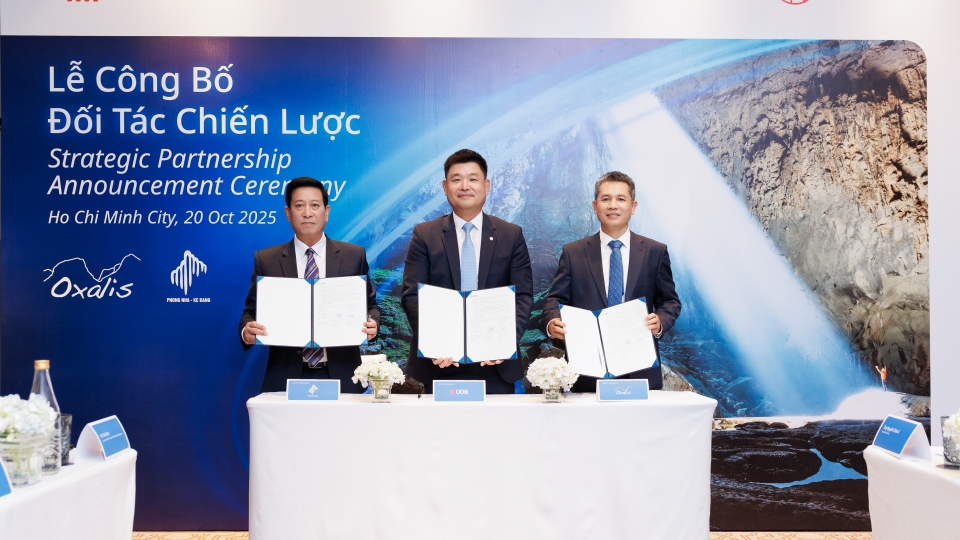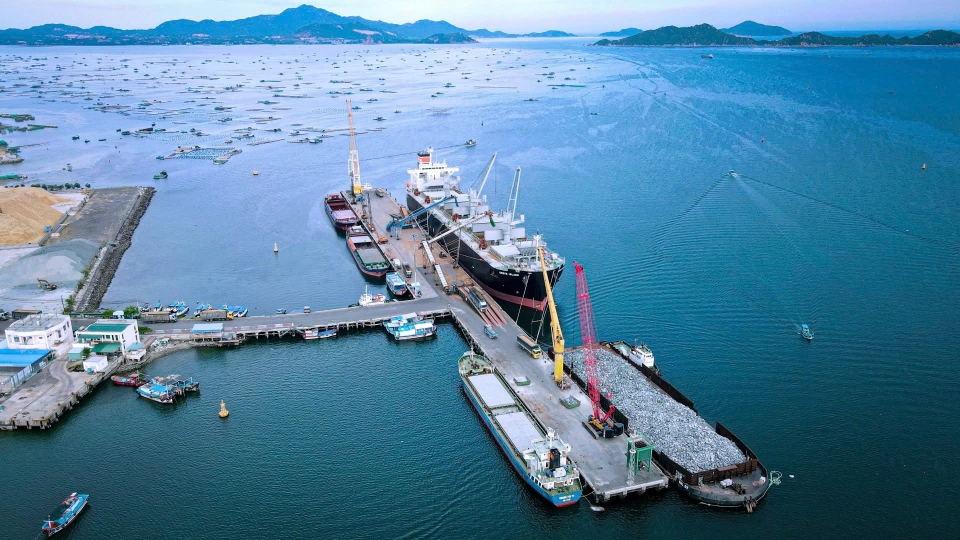Tag: Net Zero

Association urges development of open EV charging network
The Vietnam Automobile, Motorcycle and Bicycle Association (VAMOBA) has called on the government to promote the development of an open electric vehicle (EV) charging network as part of the country’s broader drive toward green transition and its Net Zero 2050 target.
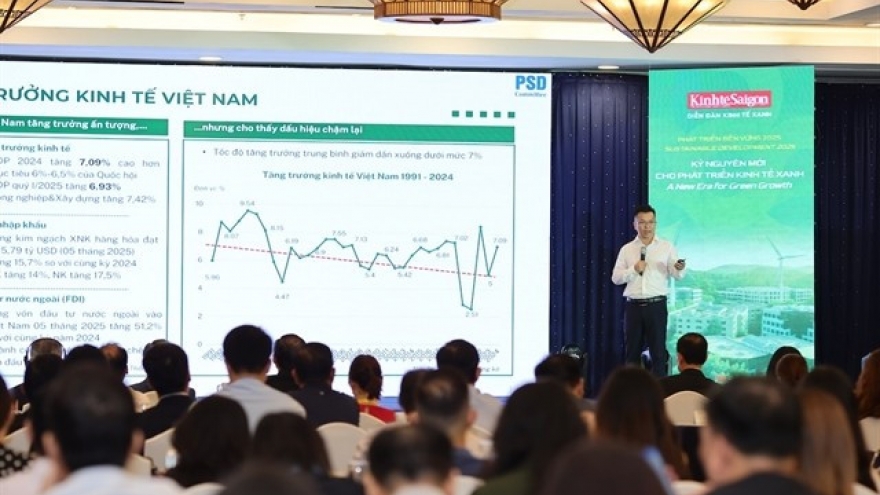
Seminar discusses opportunities, challenges for Vietnam’s green growth in ‘fragmented’ world
Vietnam is facing a dual challenge: sustaining high growth while fulfilling its net-zero commitment by 2050.

Complete legal framework needed to develop carbon market in Vietnam
VOV.VN - Vietnam is racing to complete a comprehensive legal framework to launch its national carbon market, a key step toward meeting its net-zero commitments and driving a low-carbon, competitive economy.

Shaping Vietnam's carbon credit market demands robust institutional framework
Vietnam stands at a pivotal juncture as it seeks to actualise its net-zero carbon ambitions by 2050, with the launch of a domestic carbon credit market closely seen as a strategic instrument to catalyse greenhouse gas mitigation.

Net-zero tourism benefits sustainable development
Though net-zero tourism is a new concept, it has gained significant community attention, making contributions to sustainable development.

PM lauds GGGI commitment to net-zero target in Vietnam
VOV.VN - Prime Minister Pham Minh Chinh lauded the Global Green Growth Institute (GGGI)’s assistance and commitment to Vietnam’s green growth and net-zero targets during his reception in Hanoi on April 17 for GGGI Director-General Sang-Hyup Kim.

Hosting P4G summit reflects VN’s growing leadership in advancing global green growth
The 4th Partnership for Green Growth and the 2030 Global Goals (P4G) Summit is taking place on in Hanoi on Apirl 16 and 17, with the attendance of about 600 international delegates from over 40 countries and international organisations.
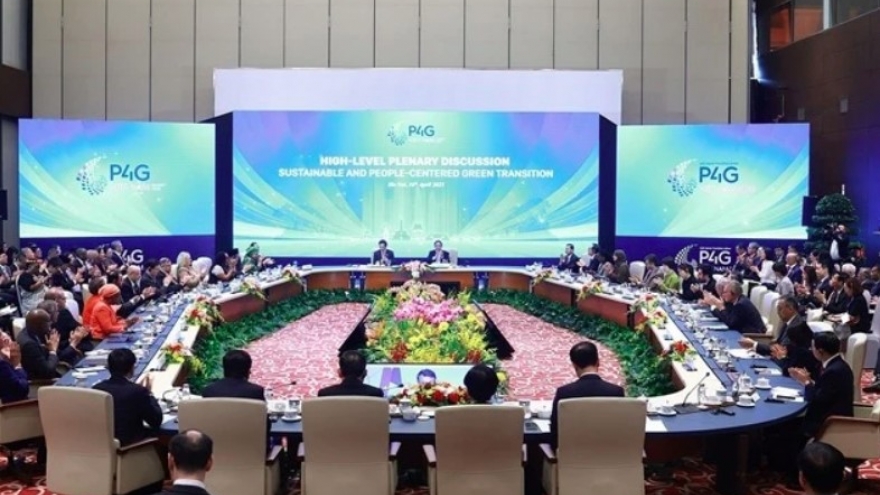
People must come first to achieve development goals: P4G
As the need for climate emergency escalates and environmental challenges deepen, leaders and representatives from more than 40 countries gathered at the P4G Vietnam Summit held in Hanoi on April 16 to discuss solutions for a sustainable future while putting people at its core.
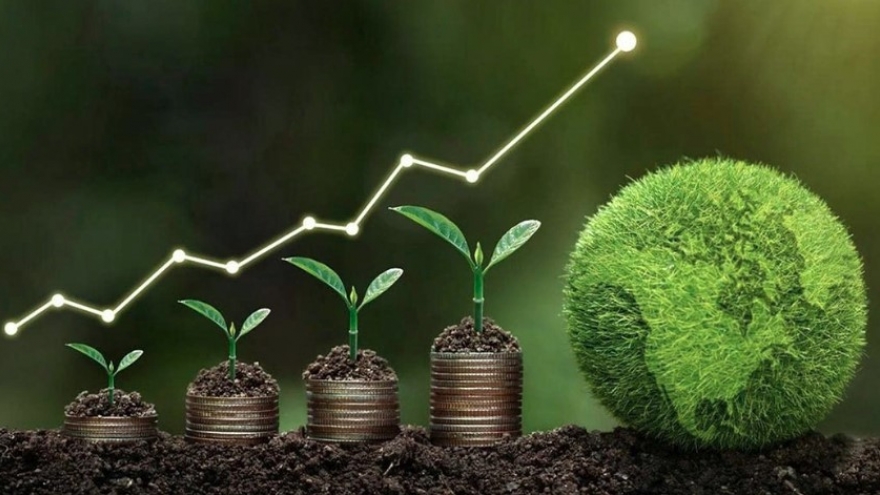
Solutions for businesses moving towards net zero
VOV.VN - Achieving net zero is a global trend and an inevitable, objective choice that plays a crucial role in the sustainable development of every nation.
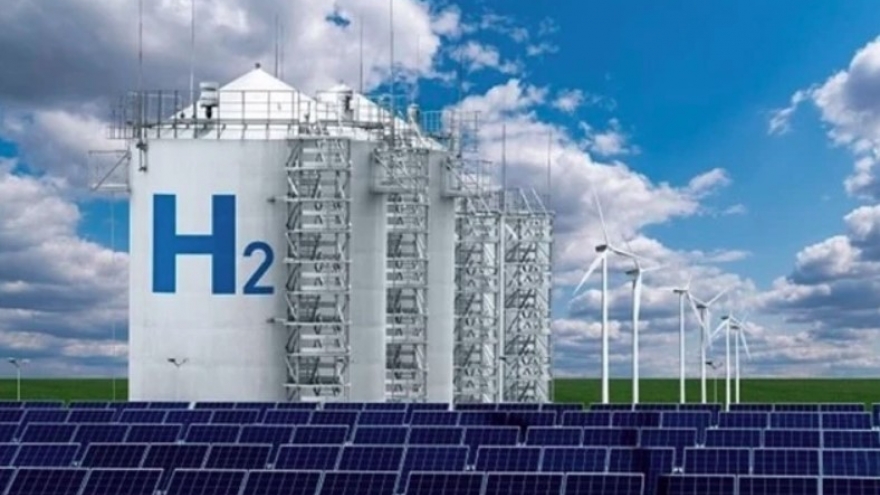
Call for increased use of hydrogen energy in Vietnam
Despite the Vietnamese Government's recognition of hydrogen energy's potential and the launch of a national strategy, the adoption of hydrogen in Vietnam remains limited, experts have said.






